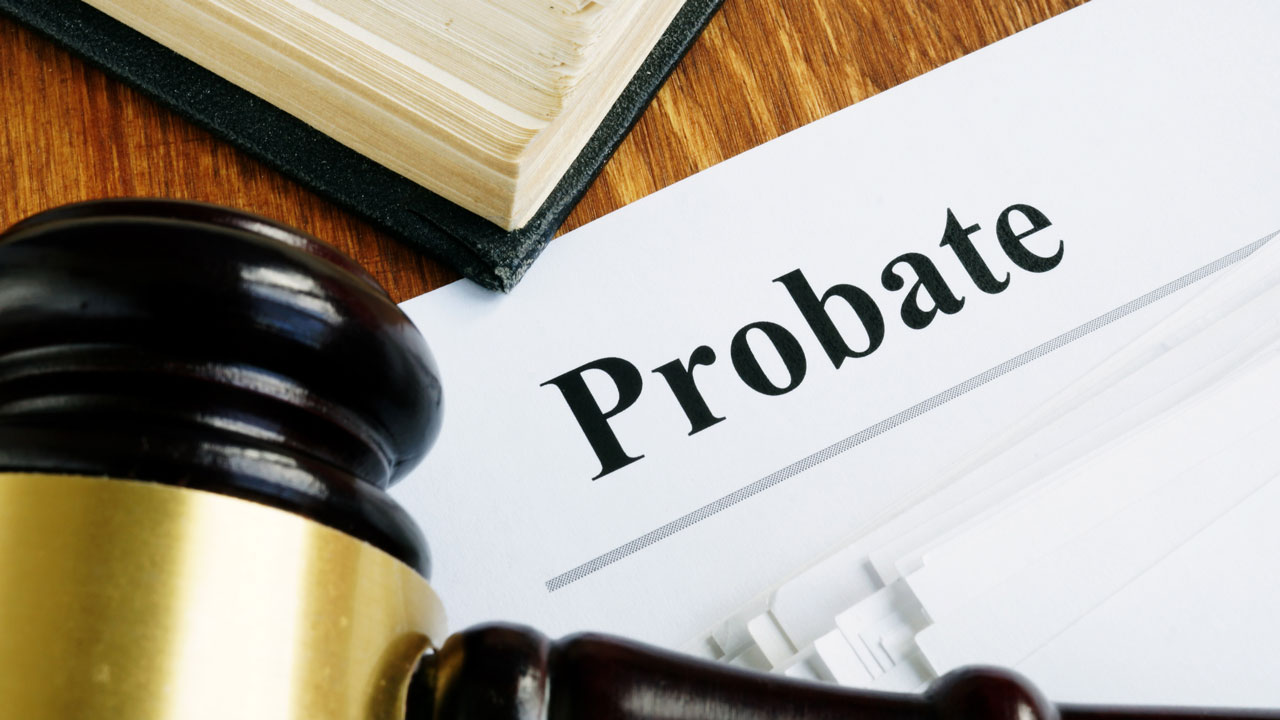Understand the probate process in California with its intricacies, costs, and some tips on how to avoid common pitfalls. Explore a comprehensive guide to navigate probate efficiently, call our team to learn more about our services!
California probate process can be a challenging and intricate legal journey, requiring careful consideration and strategic estate planning.
When an individual passes away, their estate typically goes through a legal process known as probate, overseen by a Los Angeles estate planning attorney. Understanding the nuances of this process, associated costs, and potential pitfalls is crucial for effective estate planning.
A Closer Look at Probate
In Los Angeles, an experienced estate planning attorney plays a pivotal role in guiding individuals and families through the probate process. This legal procedure involves validating the deceased person's will, if one exists, and distributing their assets to the designated beneficiaries.
However, probate is not only about distributing assets; it also includes settling outstanding debts, addressing tax matters, and handling any disputes that may arise during the process.
Probate Assets: What Goes Through the Legal Process?
One of the key aspects of probate is the identification and distribution of probate assets. These are assets that are solely owned by the deceased and do not have a designated beneficiary. Common examples include real estate, vehicles, and personal belongings.
The probate court oversees the distribution of these assets in accordance with the deceased person's will or, in the absence of a will, state intestacy laws.
The Probate Process Unveiled: A Step-by-Step Walkthrough
The probate process typically begins with the filing of a petition in the probate court. This initiates the legal proceedings, and the court then validates the will and appoints an executor or administrator to manage the estate.
The executor's role involves gathering and inventorying assets, notifying creditors and beneficiaries, paying outstanding debts and taxes, and ultimately distributing the remaining assets to the heirs.
Challenges and Costs: What to Expect During Probate
While probate serves a crucial purpose in ensuring the orderly distribution of assets, it is essential to note that it comes with costs and potential drawbacks. The probate process can be time-consuming, often taking several months to complete.
During this time, the estate's assets may be tied up, leading to delays in beneficiaries receiving their inheritances. Additionally, probate proceedings are a matter of public record, exposing the details of the deceased person's assets and debts to the public.
Costs associated with probate include court fees, attorney fees, and executor fees. These costs can significantly impact the overall value of the estate, reducing the assets available for distribution to beneficiaries. In cases where the deceased person's estate is not substantial, the probate process might consume a significant portion of the estate's value.
Mitigate Probate Challenges: The Role of Estate Planning
To mitigate the potential challenges of probate, careful estate planning is essential. Working with a skilled Los Angeles estate planning attorney allows individuals to explore strategies to minimize the impact of probate on their estate. One common approach is establishing a living trust, which enables the seamless transfer of assets to beneficiaries without the need for probate court involvement.
A living trust involves placing assets into a trust during one's lifetime, with the trust specifying how those assets should be managed and distributed upon death. Since the trust owns the assets, there is no need for probate court validation. This not only expedites the distribution process but also maintains privacy, as the details of the trust remain private.
Estate Administration: Navigate the Review Process with Precision
Once the probate process is set in motion, the estate administration undergoes a meticulous review. This review involves a thorough examination of the deceased person's financial affairs, outstanding debts, and any potential claims against the estate.
A qualified probate attorney in Los Angeles becomes an invaluable asset during this phase, ensuring that all necessary documentation is filed correctly, debts are appropriately addressed, and the estate's assets are distributed in accordance with legal requirements.
Beneficiary Designations: A Crucial Aspect of Careful Estate Planning
A key consideration in estate planning is the designation of beneficiaries for various assets. Certain assets, such as life insurance policies, retirement accounts, and bank accounts, allow for the designation of specific beneficiaries. When assets have designated beneficiaries, they typically bypass the probate process and are directly transferred to the named individuals.
Careful estate planning involves regularly reviewing and updating beneficiary designations to align with one's evolving circumstances. Life events such as marriages, divorces, births, and deaths may necessitate adjustments to beneficiary designations to ensure that assets are distributed according to the individual's current wishes.
Probate Hearings: Address Legalities with Professional Guidance
Throughout the probate process, various hearings may take place to address specific legalities and ensure the proper administration of the estate. These hearings provide a forum for interested parties, including beneficiaries and creditors, to voice concerns, raise objections, or seek resolutions to disputes.
An experienced probate attorney plays a crucial role in representing the estate's interests during these hearings, advocating for a fair and just resolution.
Careful Estate Planning: A Preventative Measure Against Probate Disputes
While the probate process aims to provide a systematic framework for asset distribution, disputes among heirs or creditors can arise. Careful estate planning involves anticipating potential conflicts and implementing measures to prevent disputes.
This may include clear and comprehensive documentation of the deceased person's wishes, regular communication with beneficiaries, and, when necessary, the resolution of disputes through mediation or legal channels.
The Role of a Probate Attorney: A Trusted Guide in Estate Matters
Engaging the services of a probate attorney is a prudent decision for anyone navigating the intricacies of the probate process.
An experienced attorney brings a wealth of knowledge in probate law, ensuring that all legal requirements are met, potential challenges are addressed, and the estate administration proceeds smoothly.
From filing the initial petition to representing the estate in probate hearings, a probate attorney serves as a trusted guide, providing clarity and expertise throughout the journey.
Avoid Probate Pitfalls: Take Control of Your Estate Plan with Our Knowledgeable Legal Team
Secure the future of your estate by partnering with our experienced Los Angeles estate planning attorneys. Whether you're in the initial stages of estate planning or facing the complexities of probate, our dedicated team is here to guide you.
Navigate the legal process with confidence, address potential disputes, and ensure a seamless administration of your estate. Contact us today at 562-526-6941 for personalized assistance and take the first step toward safeguarding your assets and securing a legacy that aligns with your wishes.











